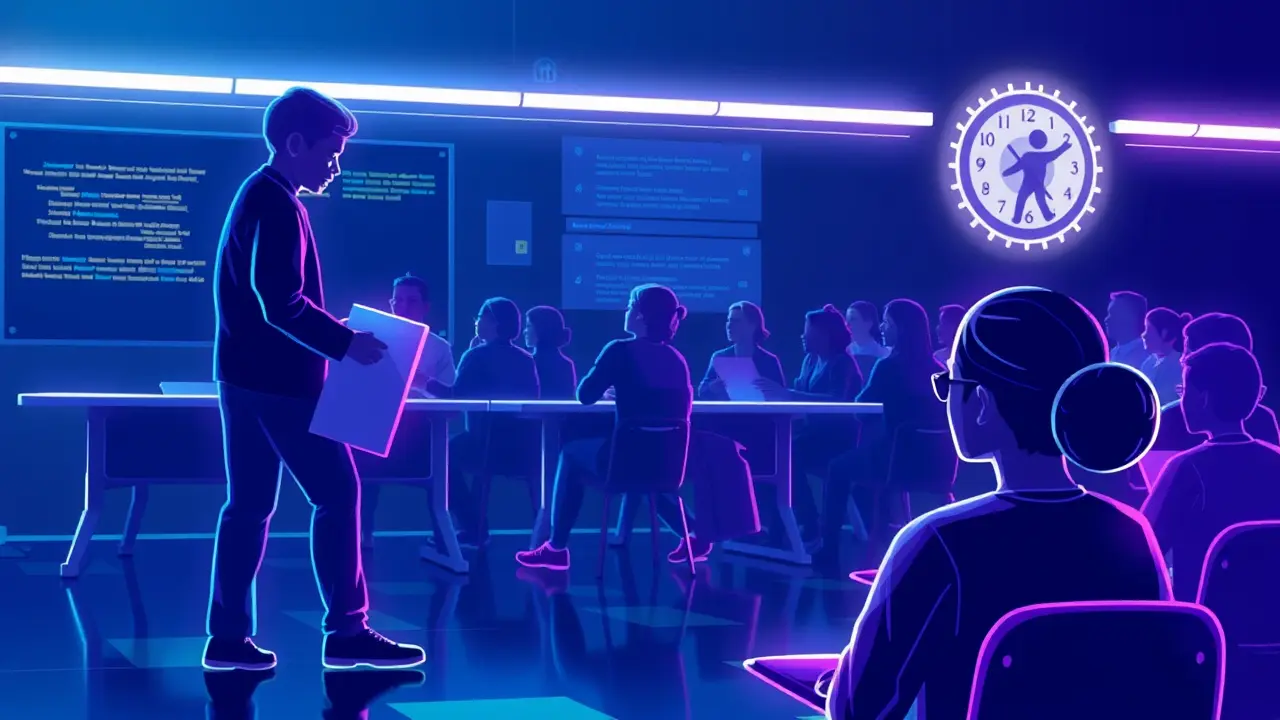
OthereducationHigher Education
Hackers breach University of Pennsylvania to stop donations.
OL
Oliver Scott
2 days ago7 min read
In a digital offensive that reads more like a desperate plea than a traditional ransomware shakedown, hackers infiltrated the University of Pennsylvania's network systems with a singular, stark message: 'Please stop giving us money. ' This breach, seemingly motivated to suppress the vital flow of alumni donations, represents a significant escalation in the evolving threat landscape facing major institutions, moving beyond mere financial extortion into the murkier territory of ideological and operational sabotage.The attackers, by targeting the university's fundraising apparatus—the lifeblood of any academic institution funding scholarships, research, and faculty positions—have executed a precision strike on its long-term strategic stability, a calculated move that echoes the kind of hybrid warfare tactics seen in state-sponsored campaigns against critical infrastructure. Unlike the chaotic data dumps of groups like CL0P or the financially-motivated lockouts of LockBit, this operation carries the distinct flavor of an actor with a specific grievance, perhaps a disgruntled alumni faction or an external group opposed to the university's research directions or investment policies, aiming to cripple its financial autonomy from within.The immediate fallout is a crisis of donor confidence; who would willingly input their credit card details into a system proven vulnerable, and what does this say about the institution's ability to safeguard not just data, but its very mission? This incident forces a brutal reassessment of cybersecurity priorities in the higher education sector, which often operates on legacy systems and decentralized IT networks, making them notoriously soft targets. Looking at historical precedents, from the 2021 Solorigate campaign that compromised software supply chains to the persistent attacks on healthcare during the pandemic, we see a clear pattern where adversaries exploit moments of societal importance—and what is more fundamental than the educational foundation of future generations? The potential consequences ripple far beyond Philadelphia; if this tactic proves successful, it could inspire a wave of copycat attacks against colleges nationwide, from Ivy League endowments to public state universities, destabilizing the entire ecosystem of American higher education.A risk analysis scenario suggests two primary pathways: one where the university contains the breach, transparently communicates its remediation steps, and emerges stronger with a fortified cybersecurity posture, and a far darker one where donor trust evaporates, leading to a multi-year funding shortfall that forces program cuts and tuition hikes, ultimately diminishing the university's standing and impact. This is no longer just a IT incident; it is a direct assault on an institution's reputation and its capacity to shape the future, a stark reminder that in our interconnected age, the most potent weapons are not always bombs, but lines of code aimed at the wallet and the will to give.
#hackers
#data breach
#university
#alumni donations
#cybersecurity
#featured
Stay Informed. Act Smarter.
Get weekly highlights, major headlines, and expert insights — then put your knowledge to work in our live prediction markets.
Related News
Comments
It’s quiet here...Start the conversation by leaving the first comment.
© 2025 Outpoll Service LTD. All rights reserved.











